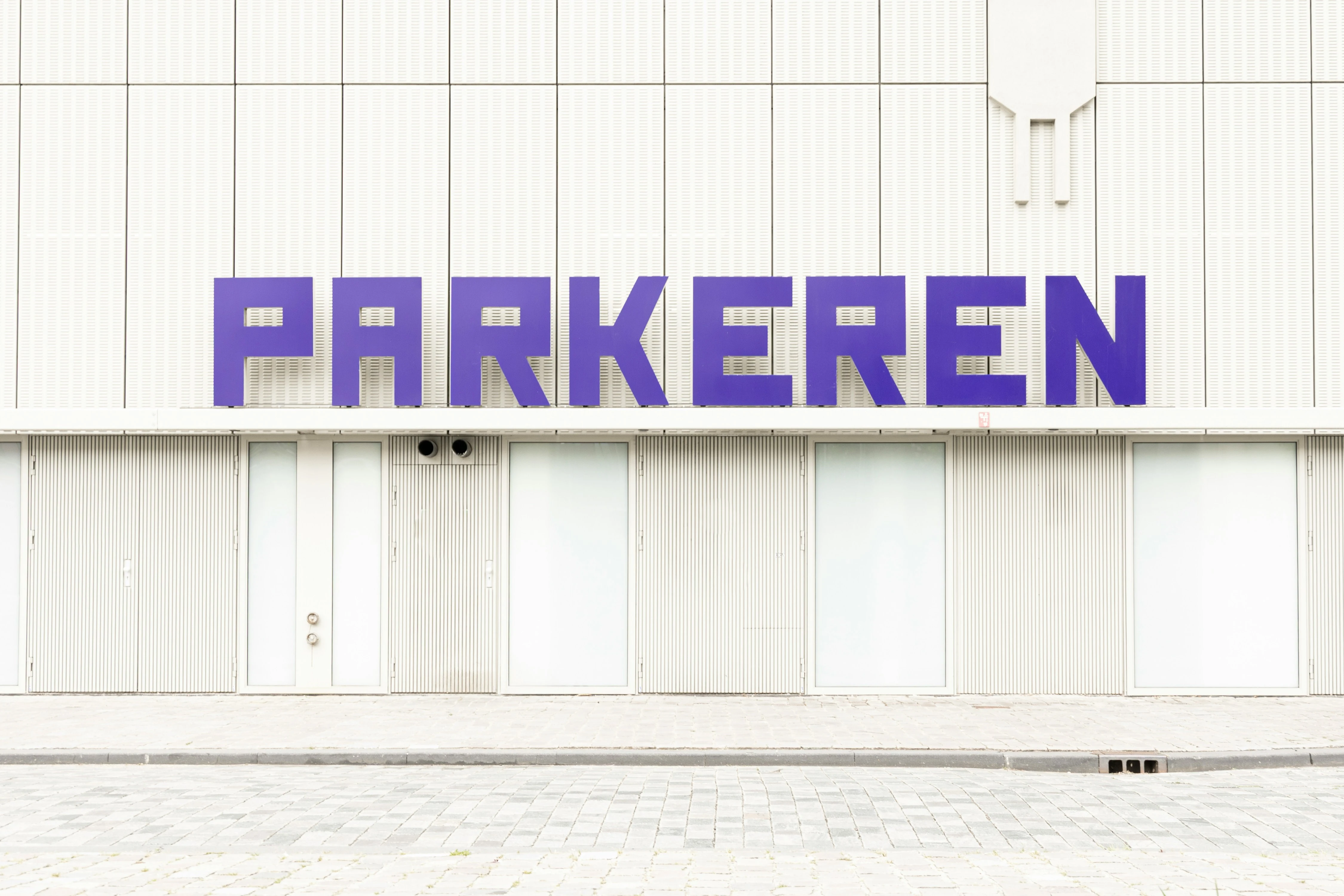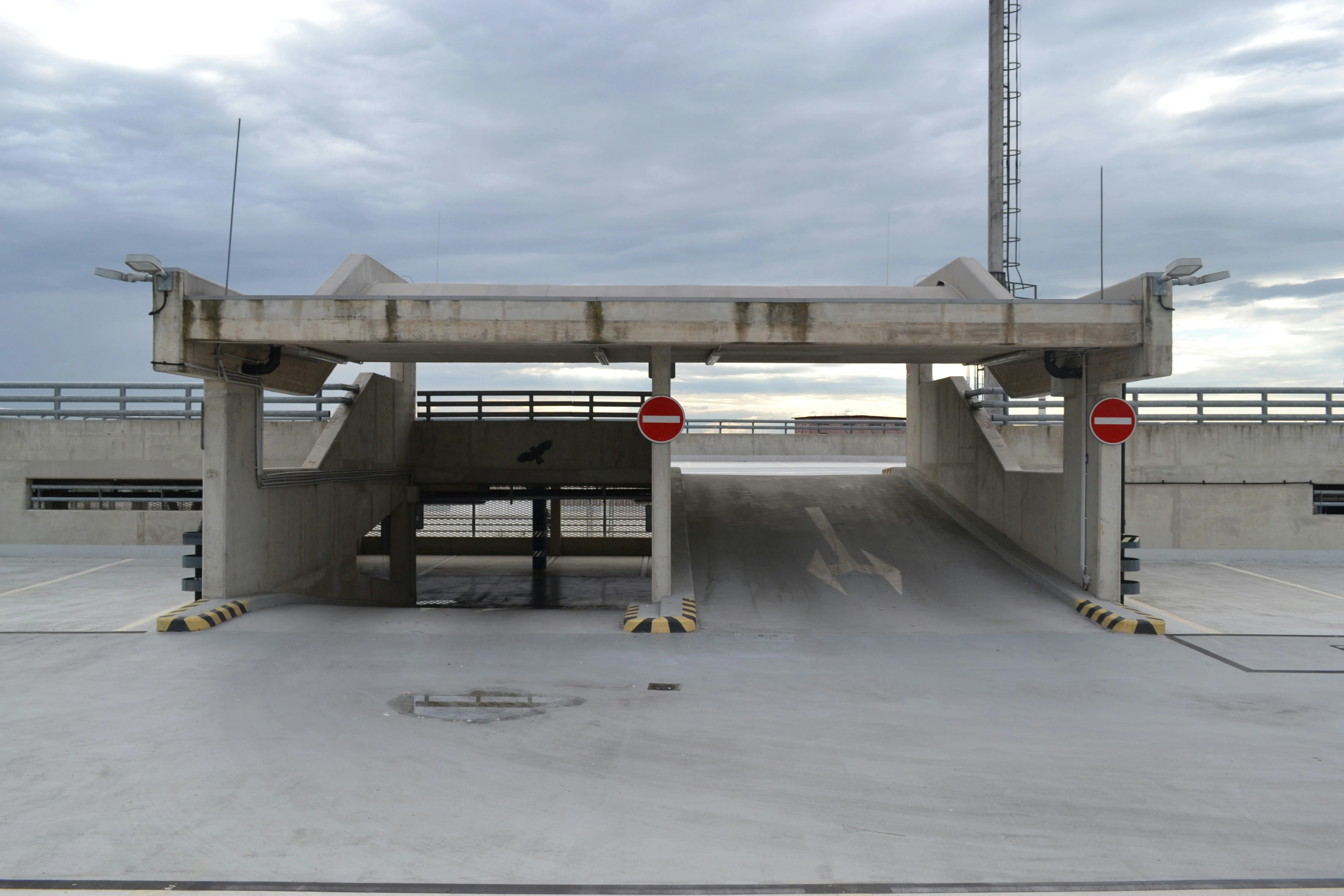Public parking: pricing and limitations
How rates are set
Tariffs differ by city and zone. In city centres, hourly rates usually range from €2 to €3.50.
Outer districts average €1–€1.50 per hour.
Some cities offer a daily cap (€12–€15) to make long-term parking more affordable.
Fines for overstaying (€30–€60) and transaction fees via parking apps (4411, ParkMobile) can raise the real cost.
Extra costs and restrictions
- Fines are the main uncertainty.
- Time limits (max. 2 h in blue zones) make long stays impractical.
- Transaction fees of €0.30–€0.35 per session add up with frequent use.
Availability and access
In central areas, spots are often full between 10 a.m. and 5 p.m.
Outside the ring or off-peak, chances improve.
EV drivers find public chargers in some cities, but occupancy is unpredictable. Reservations are generally impossible — only live data via parking apps.
Private parking: pricing models and advantages
How prices are determined
Private operators vary widely.
- Commercial garages charge around €2.50–€4 per hour, or €18–€25 per day.
- Peer-to-peer via SparkSpot lets owners set their own prices, often 20–40 % cheaper than commercial garages.
SparkSpot charges a 20 % commission excl. VAT per successful booking.
Extra costs and premium services
- Possible deposit or access badge for gated areas.
- Add-ons such as EV charging, covered parking or licence-plate entry.
- All details are clearly shown before booking on the platform.
Practical benefits
- Certainty: you know your spot is waiting.
- Safety: usually fenced or monitored.
- Flexibility: hourly, daily or longer bookings — ideal for commuters or visitors.

Local overview: Antwerp, Ghent, Bruges, Ostend and Blankenberge
Antwerp
Downtown rates can reach €3.80 / h, with strict time limits.
Park-and-Ride zones (Merksem, Luchtbal) are often free and connected to trams.
SparkSpot offers affordable private spaces near Het Eilandje and the station — handy for events or overnight stays.
Ghent
Ghent uses strict zones and a low-emission policy.
Central car parks (Zuid, Reep) cost about €3 / h, while nearby private spots on SparkSpot often start lower.
For longer stays, park near Gent-St-Pieters and take the tram to the centre.
Bruges
During tourist weekends, on-street parking is rare.
Public garages such as Zand or Station charge about €14–€18 / day.
Private garages via SparkSpot outside the core cost around €10–€12 / day, often covered and calmer.
Ostend
Summer rates rise to about €3.50 / h.
Private alternatives near the station or Vuurtorenwijk offer reserved spots with EV chargers — convenient for electric drivers.
Blankenberge
Peak season fills public streets quickly.
Private garages or driveways via SparkSpot average €12–€15 / day, with fixed rates regardless of crowding.
Cost comparison by use case
1) Short stop (≤ 1.5 h)
Public parking is cheapest if you stay within limits.
But one fine or 15 min of searching cancels the saving.
2) Half-day or full-day stay
Public costs rise quickly; private or SparkSpot bookings give predictable prices and often daily discounts.
3) Events or peak tourism
Public spots scarce, traffic heavy.
Private reservation ensures peace of mind and no circling.
4) Electric vehicle charging
Public chargers may be occupied.
Private EV-ready spaces on SparkSpot are filterable and guaranteed.
5) Regular commuting
A long-term rental via SparkSpot gives a fixed rate and guaranteed place — often cheaper than daily street parking.
Common parking mistakes
- Forgetting the parking disc in blue zones → instant fine.
- Overstaying without extension in app → €30–€60 penalty.
- Misreading zone signs — every city uses its own colours and rules.
- Wrong EV connector → can’t charge.
- Last-minute parking during events → higher price and full lots.
A little preparation can save €20–€50 per trip.

Tips to reduce parking costs
Plan smartly
- Avoid peak hours (11 a.m.–4 p.m.).
- Park in outer zones or P+R areas with public-transport links.
- Use apps for live availability.
Compare and reserve
- Check different garages and SparkSpot listings.
- Reserving avoids wasted time and fuel.
Match your habits
- Commuter? Choose long-term rental or subscription.
- Occasional visitor? Pay per hour.
- EV driver? Filter by charger type before booking.
Extra savings
- Many cities offer evening or night rates after 10 p.m.
- Share parking passes with neighbours or colleagues if local rules allow.
Frequently asked questions
How do i quickly determine what’s cheaper?
Compare cost and certainty. For short stops, on-street parking is worth it. For longer periods, peak hours, or EV charging, private options are usually cheaper overall.
Where are the hidden costs in public parking?
Fines, transaction fees, and lost time. These factors often make the “low price” more expensive than expected.
Is private parking always more expensive?
Not necessarily. Peer-to-peer spaces via SparkSpot are often 20–40% cheaper than commercial garages.
How do i choose a reliable private spot?
Use platforms with reviews, clear photos, and secure payments, such as SparkSpot. Also check whether a charging point or access information is available.
What if a reservation runs over?
Public: extend via the app (if allowed). Private: with SparkSpot you can contact the host to extend your booking if the spot remains available.
Conclusion: Choosing smarter between price and certainty
The cheapest parking option depends on time, location, and purpose. Public parking remains cost-effective for short stops but comes with uncertainty. Private parking — especially via digital platforms like SparkSpot — offers predictable costs, comfort, and certainty. By comparing prices, using reservations, and planning your trip well, you’ll park cheaper and stress-free in Flemish cities.








